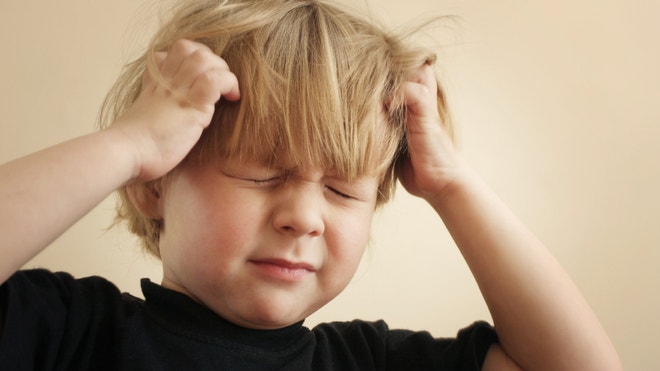Why do children get headaches?
Headaches in children are common and usually not serious. Causes include migraines, stress and tension headaches, trauma, sinus disease and eye problems. Certain foods with nitrate preservatives and MSG (monosodium glutamate) can trigger headaches. Brain tumors in children as a cause for headaches are extremely rare, and are usually associated with additional neurologic symptoms such as dizziness and lack of coordination.
How are children with headaches evaluated?
Children should have a thorough physical examination with a pediatrician. He/she may order additional tests or refer to a neurologist. It is helpful to keep a headache diary so that possible triggers (certain foods or activities) can be discovered.
If no obvious medical cause for the headaches is found by the pediatrician, a referral to an ophthalmologist is required to perform a complete eye exam. The entire visual system should be examined. This includes refractive error (the need for glasses), eye alignment, and binocularity (the ability to use both eyes together). During this examination the pupils should be dilated.
How do eye problems cause headaches in children?
Hyperopia (farsightedness) requires extra effort to focus clearly while reading. This can sometimes lead to fatigue and headache. Glasses can reduce the effort required to see clearly at near and improve the headache.
The decreased ability to pull the eyes toward each other when viewing near objects (convergence), particularly while reading, may cause headaches. This is called convergence insufficiency, and symptoms include the doubling of images or words, blurred vision, fatigue, and headaches which worsen with prolonged reading. Glasses are sometimes prescribed. At home eye exercises, sometimes with the help of computer software, can help treat convergence insufficiency. Expensive in office eye exercises are rarely indicated.
Acute infections and inflammatory diseases of the eyes can cause headaches. These problems are often accompanied by redness of the eye and/or eyelid and light sensitivity (photophobia). Acute glaucoma can cause headaches, but rarely affects children. A complete exam by an ophthalmologist can rule out these conditions.
Read more here

No comments:
Post a Comment